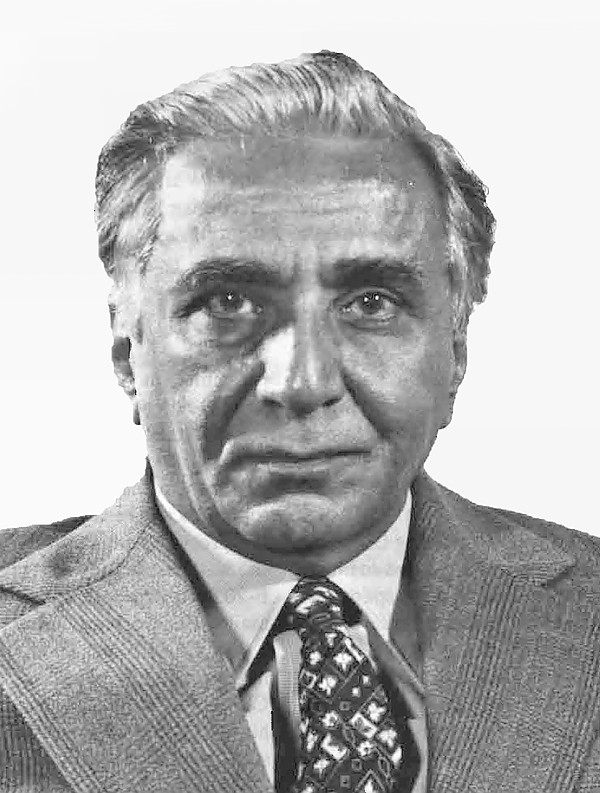Description
United Nations, Geneva
Permanent Representative
Amir Habib Jamal held many high posts in Tanzania, including Finance Minister, and later served as Tanzanian Ambassador to the UN in Geneva. As Tanzanian ambassador from 1988-1993, during a crucial period of the Uruguay Round negotiations, Jamal tried hard to safeguard the interests of developing countries, especially the least developed. His great ability and dedication were recognized not only by fellow Ambassadors from South and North, but by a wider community of officials and non-governmental organizations.
Political
In 1965, Jamal was appointed as Minister of Finance. Two years later, the Arusha Declaration was proclaimed and the nation adopted a socialist path. Between 1972 and 1975, he was appointed as Minister for Commerce and Industries; and in this capacity he initiated a number of industrial projects in Morogoro Region. He led the Finance Ministry once again between 1975 and 1977. Following the dissolution of the former East African Community in 1977, he was transferred to the Communication and Transport docket which he led for about two years. He had an arduous task of creating new national corporations and agencies. He led the Finance Ministry for a third time between 1979 and 1983.
In 1980, he served as Chairman of the 35th Annual Meetings of the International Monetary Fund (IMF) and the World Bank Group. Upon his arrival in Washington, D.C., he was surprised when IMF staff presented him with a draft for his opening speech. He politely declined saying that he had brought his own. As Chairman, his instruction to invite the Palestine Liberation Organization as an observer to the annual meeting was refused by the World Bank President. He denounced the IMF as a relic of World War II designed to protect the West.
Between 1983 and 1984, Jamal served as Minister without Portfolio and as Minister of State for Cabinet Affairs from 1984 to 1985.
Diplomatic
In 1985, he was appointed as Head of the country's Permanent Mission to the United Nations Office in Geneva.
He served as Chair of both the InterPress Service and Governing Council of the Sokoine University of Agriculture. He was also the Honorary Executive Director of the South Centre and a trustee of the Dag Hammarskjöld Foundation from 1978 to 1993.
After serving as a member of the Brandt Commission, he served as Personal Representative of Chairman Julius Nyerere on the South Commission, and then on the South Center and the Dag Hammarskjold Foundation of Uppsala, Sweden. As a member of the SUNS Advisory Board and the Board of the Inter Press Service, Jamal worked hard for the democratization of communication and information flows.
Of Indian origin, but born like his parents in Tanzania, Amir Jamal came from a trading family. He studied in India, where one of his memories was of a meeting of the Indian National Congress in Bombay, 1942, when Mohandas Gandhi gave the call to the British to "Quit India", launching another of Gandhi's movements towards independence.
In Tanzania, Jamal fully cooperated and worked in the Nationalist movement, at considerable personal difficulty for him and his family. He was one of the five nominees of the liberation Nationalist Movement, TANC, to be a Minister in the then-predominantly colonial government in 1959. He continued to serve the country after its independence. From 1961 until 1980, he held office at various times as Minister of Finance, Commissioner for Planning, Minister for Communications and Works, and Minister for Trade and Industry – often named to posts or ministries requiring expert management and deep commitment.
Jamal's utter integrity, dedication and selfless service, along with his political ability, were recognized throughout Tanzania, and Jamal was repeatedly elected with ever-increasing majorities from predominantly African constituencies.
